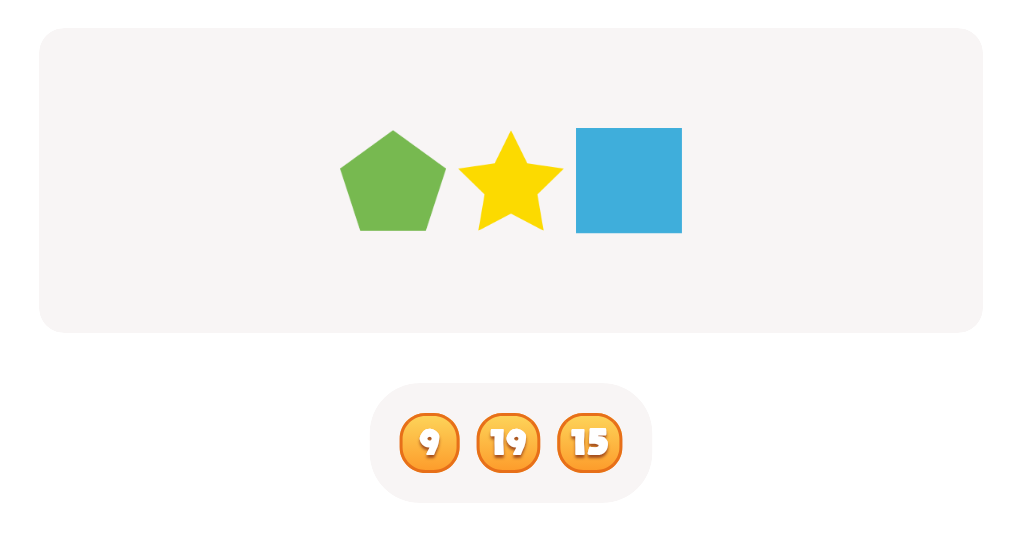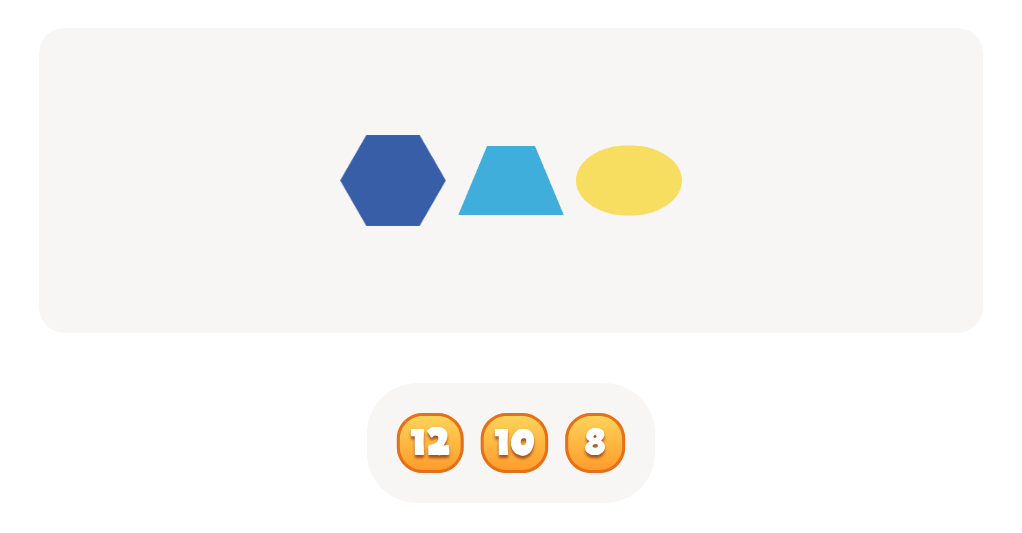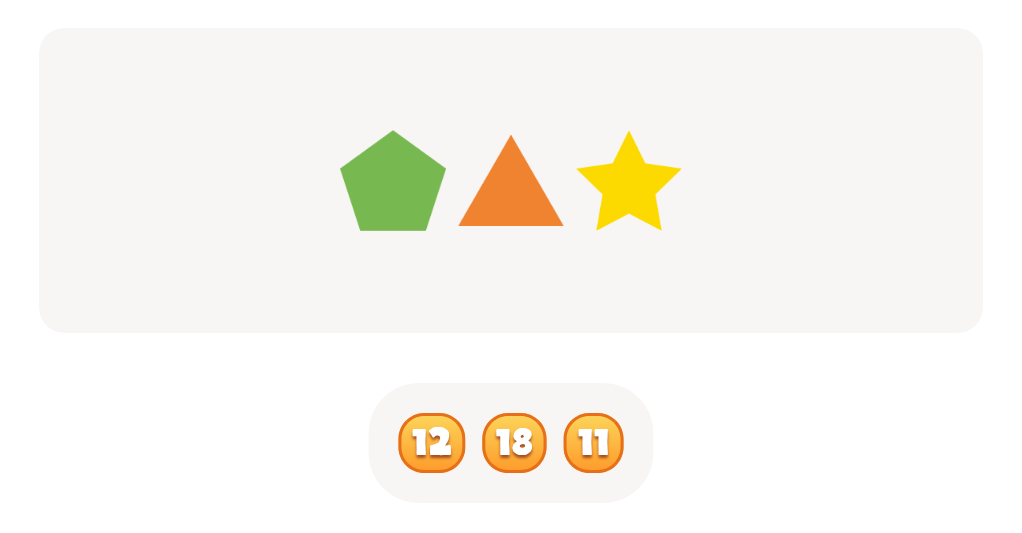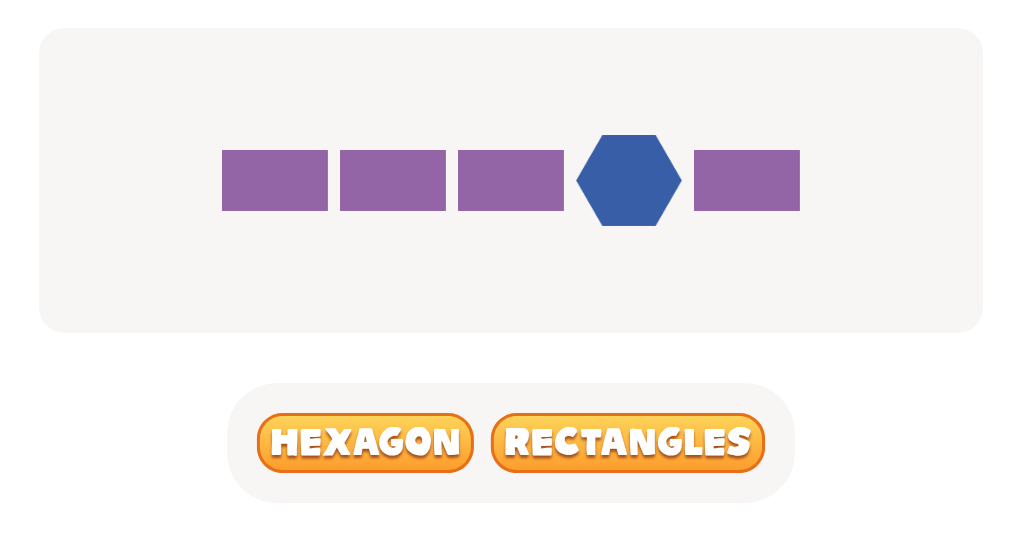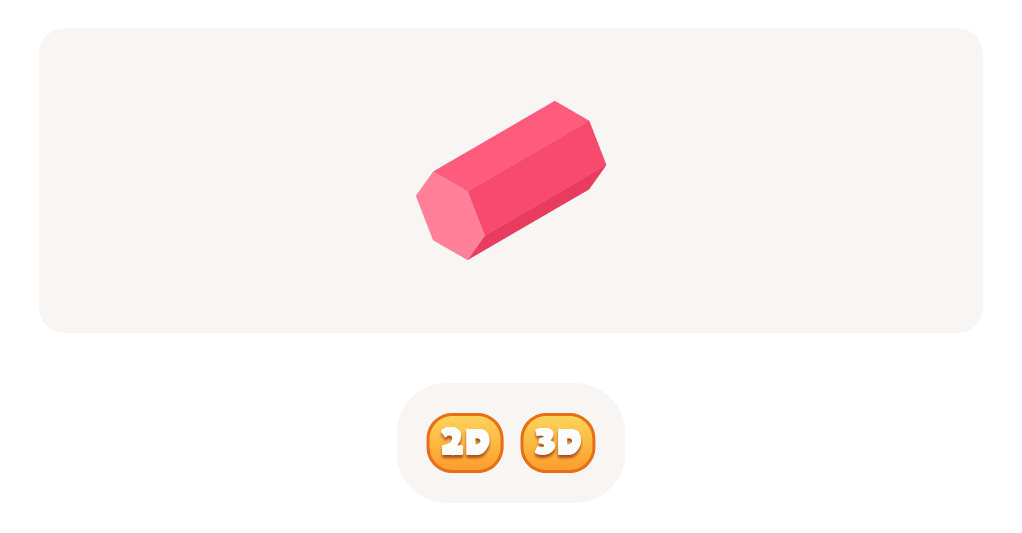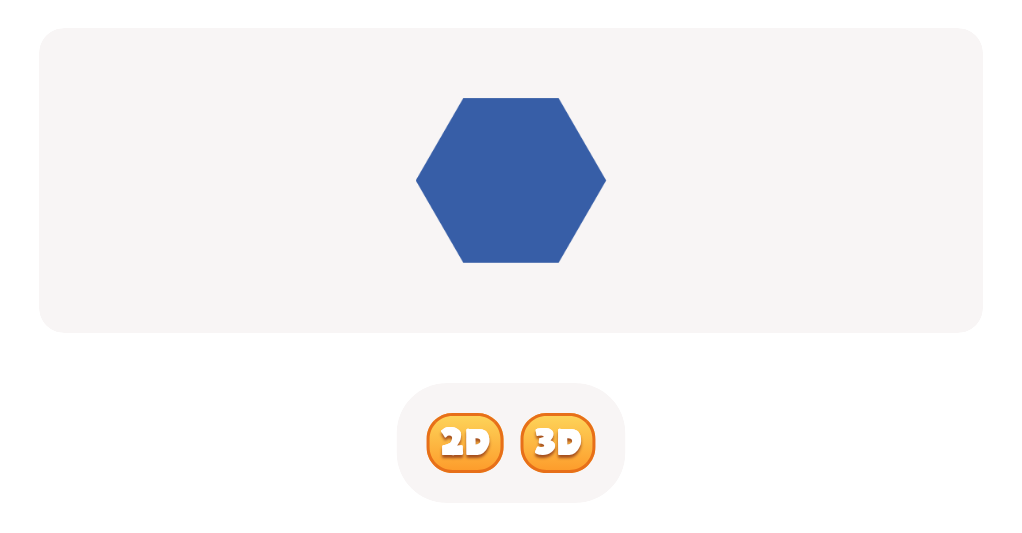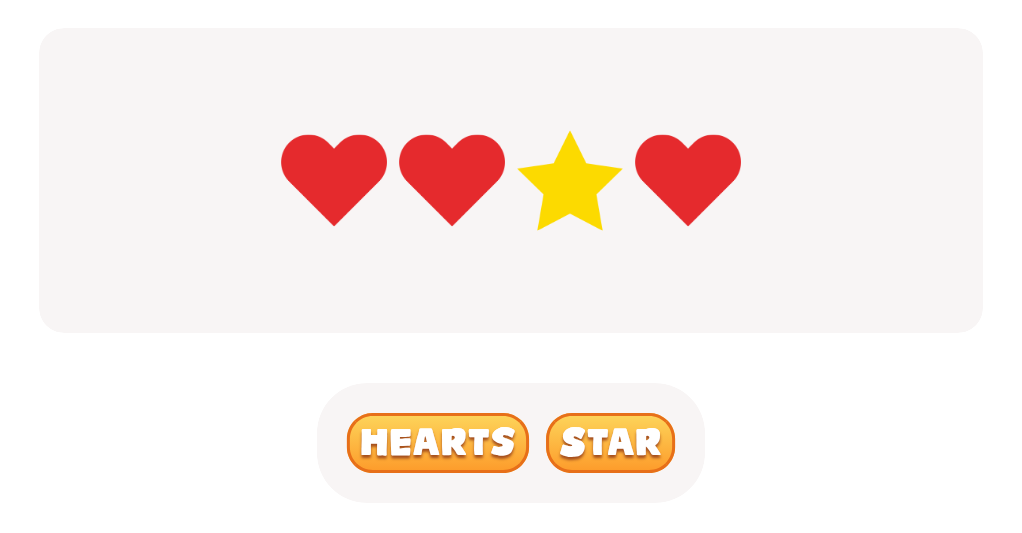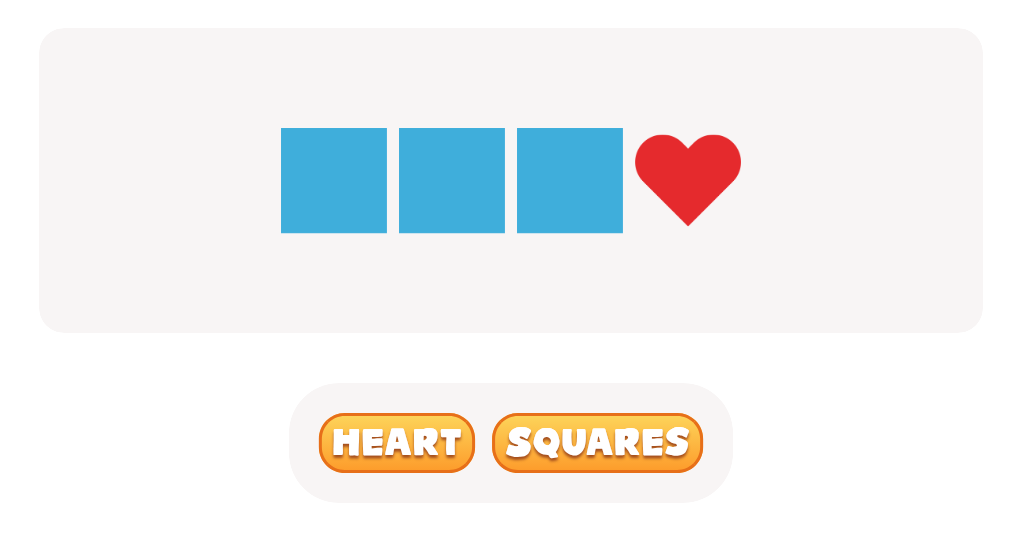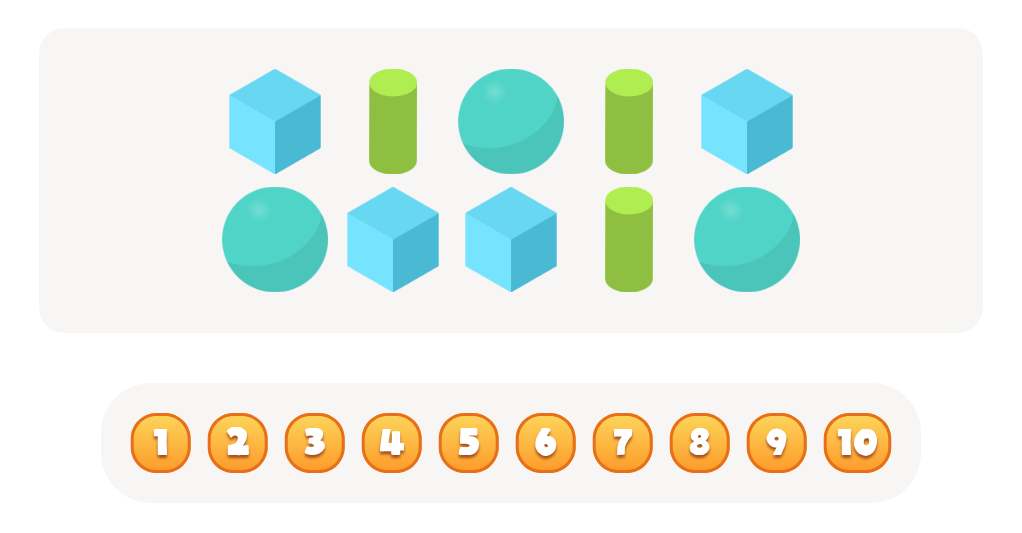Pattern recognition Normal Geometry Worksheets for Ages 5-7
3 filtered results
-
From - To
Discover our engaging Pattern Recognition Normal Geometry Worksheets tailored for children ages 5-7 at Kids Academy! These worksheets are designed to boost early math skills by helping young learners identify, extend, and create patterns with ease. Through colorful shapes and fun exercises, kids will refine their logical thinking and spatial awareness. Ideal for home or classroom use, these worksheets make learning about patterns an exciting adventure. Perfectly aligned with educational standards, our resources ensure a solid foundation in geometry and problem-solving. Unlock your child’s potential today with our expertly crafted pattern recognition worksheets!
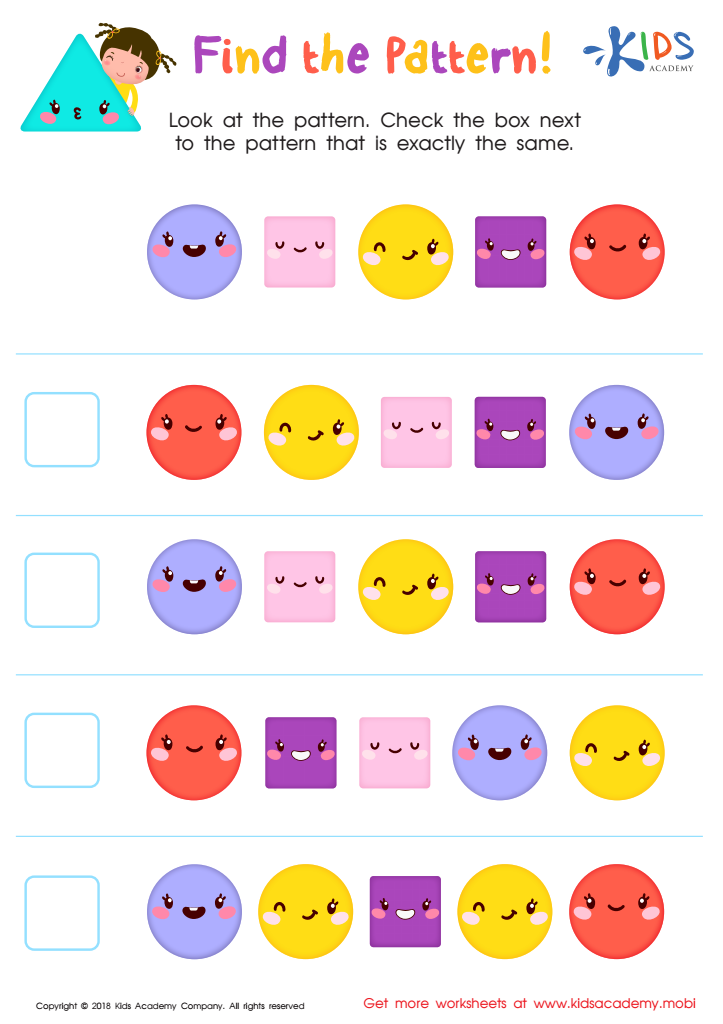

Find the Pattern Worksheet


Make the Same Pattern Worksheet
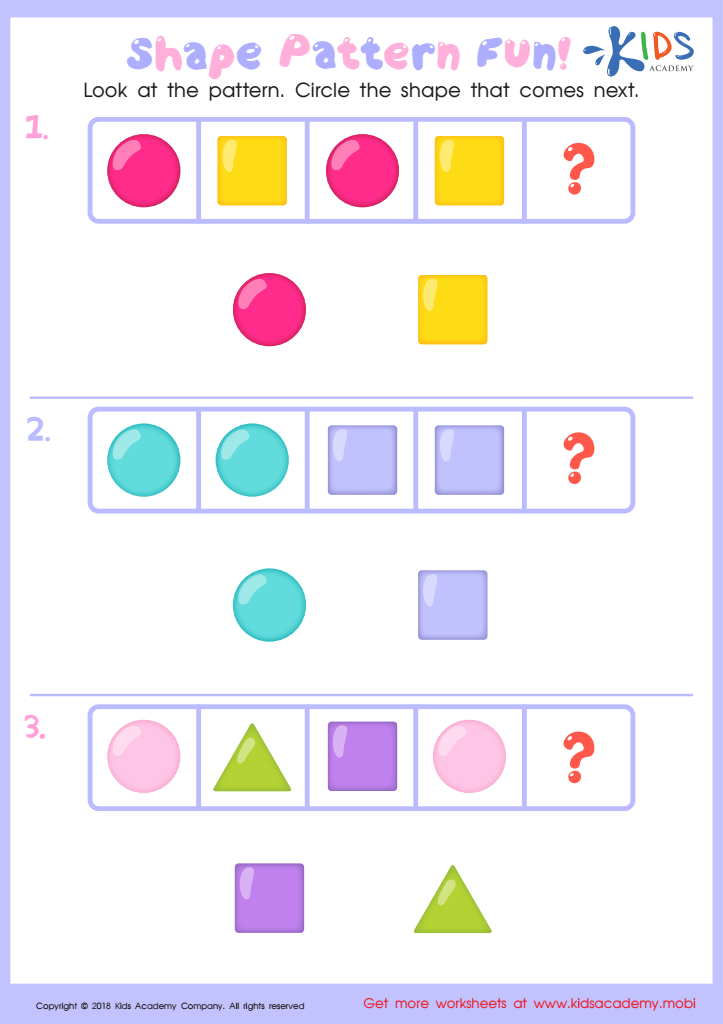

Shape Pattern Fun Worksheet
Pattern recognition and geometric understanding are foundational skills for young children, particularly those aged 5-7. Early exposure to these concepts lays the groundwork for future academic success in areas like mathematics, science, and even reading.
Firstly, pattern recognition helps children identify and predict sequences and structures, which is crucial for problem-solving and logical thinking. Recognizing patterns aids in understanding daily routines and time management, fostering independence and confidence. Moreover, grasping geometric concepts such as shapes and spatial relationships enhances visual-spatial skills. This understanding is pivotal not only in mathematics but also in everyday activities, from navigating spaces to understanding the physical world.
Furthermore, early proficiency in these skills often correlates with better performance in more advanced mathematical concepts. For instance, basic shape recognition and pattern differentiation are precursors to understanding symmetry, algebra, and geometry in later grades. Engaging children in activities that promote these skills nurtures their natural curiosity and encourages a lifelong love of learning.
In essence, by fostering pattern recognition and geometric understanding at an early age, parents and teachers are supporting the development of well-rounded, capable children. This proactive engagement sets the stage for both academic and personal growth, preparing young minds for a world where analytical and spatial skills are increasingly important.
 Assign to My Students
Assign to My Students
